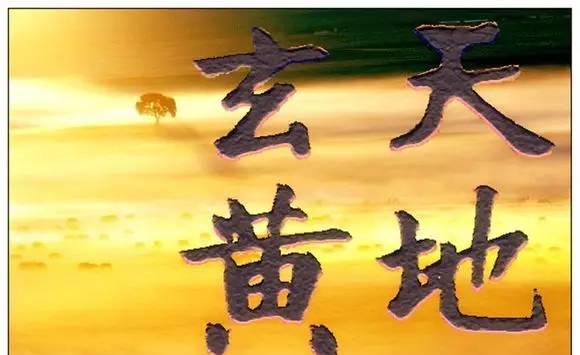In ancient China, there was a saying of "three hundred thousand", "three" refers to the "Three Character Classic", "hundred" refers to the "Hundred Family Names", and "thousand" refers to the "Thousand Character Text". Among them, "Thousand Character Text" was the earliest book.

It is said that Xiao Yanren, emperor of the LiangWu Dynasty of the Southern Dynasty, ordered people to select 1,000 non-repetitive Chinese characters from Wang Xizhi's calligraphy works, each word was a piece of paper, and zhou Xingsi, a member of the Outer Scattered Horse Riding Attendant, was ordered to compile a text. Zhou Xingsi spent one night weaving it up, so tired that his hair was white. The full text of the "Thousand Character Text" is a four-character sentence, which is neat and neat, clearly organized, and brilliantly written.
Because it covers astronomy, geography, nature, society, history and other aspects of knowledge, "A Thousand Characters" is the best book for enlightenment and education of children, and it is also a vivid and excellent encyclopedia. Many people read it not only as an enlightenment textbook, but also as a model for learning calligraphy.
The "Thousand Character Text" has a total of 1,000 non-repetitive words, starting with "Heaven and Earth Xuan huang, the universe flood" as the beginning. The "heaven" of "Tianzi No. 1" comes from here, which means the first word of the "Thousand Character Text". "Tianzi No. 1" y means the first or the best, figuratively the highest, the largest, the strongest, etc.